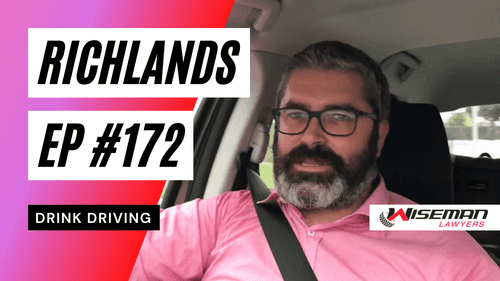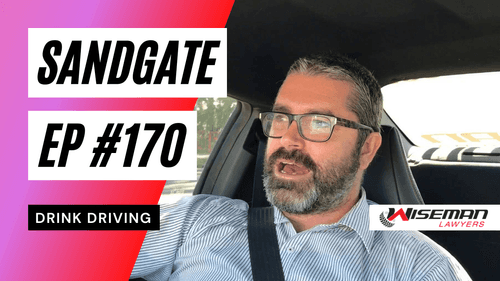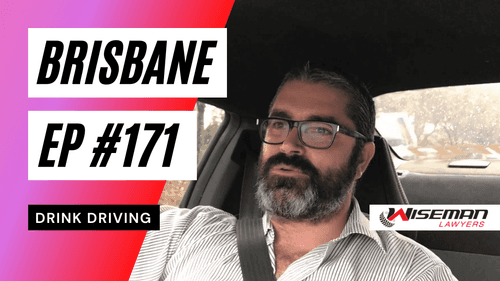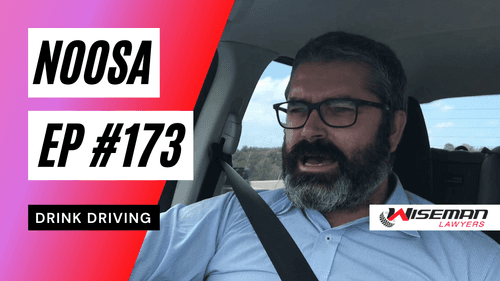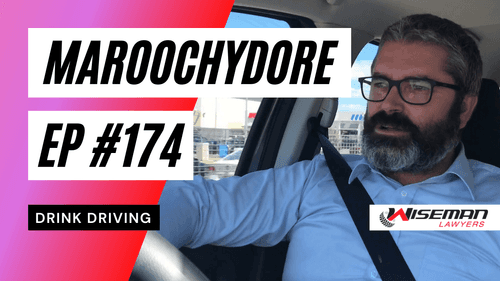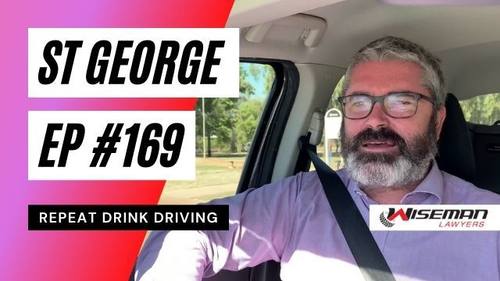
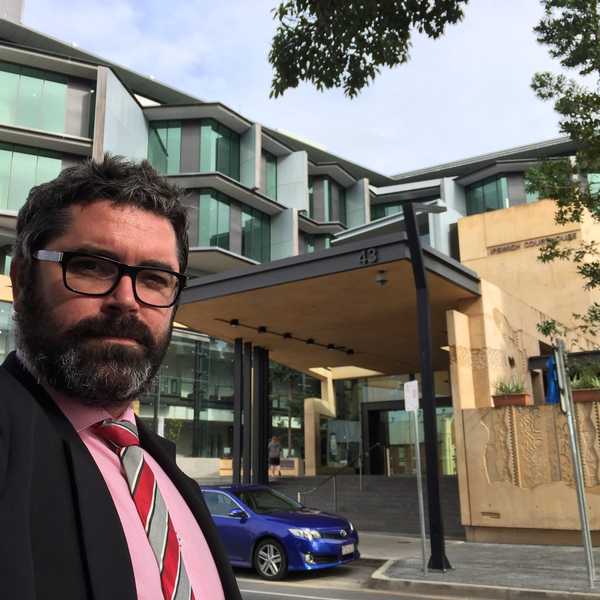
IPSWICH: Third High Range DUI Drink Driving in 5 Years 0.242, 0.187 & 0.152
I appeared at Ipswich Magistrates Court again this morning, to represent a client charged with 2 counts of High Range DUI Drink Driving, with Blood Alcohol Concentrations of 0.187 and 0.242, 1 count of DUI Drink Driving whilst over the Zero Limit, with a Blood Alcohol Concentration of 0.047, 2 counts of driving in breach of an Interlock condition, and 2 counts of driving on a section 79B disqualified licence.
My client had previously been convicted of High Range DUI 3 years prior, with a Blood Alcohol Concentration of 0.152.
Given my client's previous within the last 5 years, every vehicle which they operate within the first 12 months after regaining their licence must have an Interlock device installed.
An Interlock device is effectively a breathalyser hardwired to the persons vehicle, which prevents the vehicle from starting unless breath containing zero blood alcohol is blown into it.
A section 79B disqualification is the disqualification issued by a Police Officer when a person is charged for Drink Driving with a Blood Alcohol Concentration of 0.100 or above, preventing them from driving until the matter is finalised by the courts.
Basically, my client was intercepted and charged with a Blood Alcohol Concentration of 0.187, as well as for not having an Interlock installed.
My client was issued with a Notice to Appear, along with a section 79B disqualification.
A day later, my client was again charged with a Blood Alcohol Concentration of 0.047, not having an Interlock installed, and driving on a section 79B disqualification.
Three days after that, my client was again charged with a Blood Alcohol Concentration of 0.242, not having an Interlock installed, and driving on a section 79B disqualification.
As the 0.187 and 0.242 offences amounted to my client’s second and third High Range charges in 5 years, they faced Mandatory Imprisonment.
Mandatory Imprisonment literally means the Magistrate has no choice but to impose a term of imprisonment.
Accordingly, my job was one of persuading the Magistrate to either wholly suspend that term of imprisonment, or impose a term of imprisonment with immediate parole.
A wholly suspended term of imprisonment means that the client does not actually go to jail, but the term of imprisonment hangs over their head for a set period.
If the person returns to court for any other offence punishable by imprisonment during the set period, which a lot of seemingly minor offences are, the term of imprisonment will drop down and the client will actually go to jail.
Imprisonment with immediate parole also means that the client does not actually go to jail, but technically according to their record they did, however the court date is their release date.
Persons on parole must report to the Probation & Parole organisation during their set parole period.
My client faced a maximum penalty for each count of DUI of 9 months imprisonment, 28 penalty units and a lifetime driver’s licence disqualification.
For each count of driving while section 79B disqualified, my client faced a maximum penalty of 12 months imprisonment, 40 penalty units and a lifetime driver's licence disqualification.
For each count of failing to have an Interlock device installed, my client faced a further lifetime driver’s licence disqualification and 28 penalty units.
A penalty unit in Queensland is currently valued at $113.85.
Further, persons who plead or are found guilty in the Magistrates Court must pay the Offender Levy, which is presently worth $107.10.
Magistrates have a general power to impose up to a lifetime driver’s licence disqualification, above and beyond any legislated disqualification ranges.
Given the extremely high risk of actual imprisonment, I made detailed and comprehensive written submissions of the relevant case law.
I had my client attend upon a court recognised Psychologist, for the purpose of obtaining a court sanctioned pre-sentencing Psychological report.
I had my client attend upon multiple mental health treatment and counselling providers, for the dual purpose of getting my client’s underlying issues addressed once and for all, as well as to show the Magistrate the extensive steps which my client had taken to display their remorse, and take responsibility for their actions.
I had my client complete 2 lengthy reformatory courses, which went some way to show the Magistrate that my client had educated themselves on the error of their ways.
I drafted lengthy Affidavit materials which drilled down into my client’s background, as well as the underlying issues which led to their offending.
I had my client obtain multiple character references, based on a template which I had earlier provided.
I addressed the Magistrate at length about why I believed an actual term of imprisonment was not appropriate.
I was able to persuade the Magistrate not to physically imprison my client.
My client received immediate parole.
Needless to say, my client was extremely relieved.
Wiseman Lawyers specialise in Drink Driving and Traffic Law.
Regards
Andrew Wiseman, Wiseman Lawyers

Wiseman TV
Watch over 200 court ride along videos. Access over 10 hours of free content.

